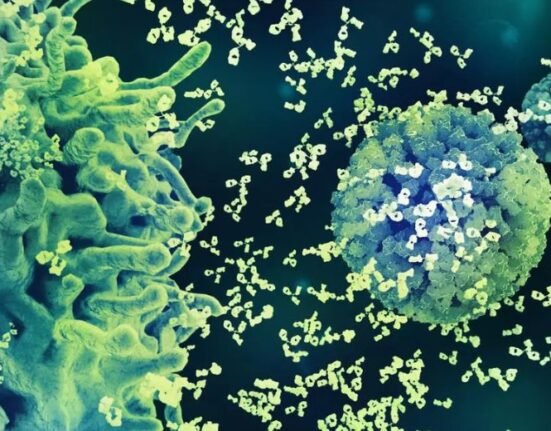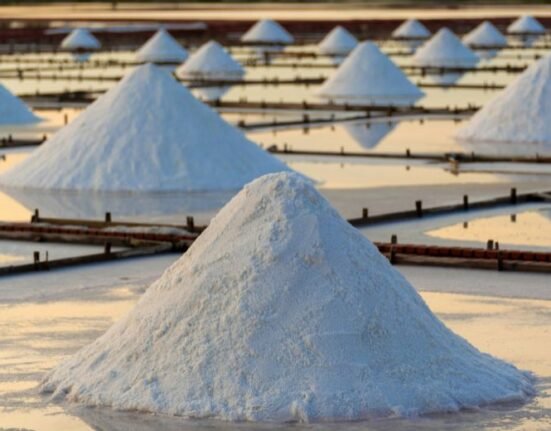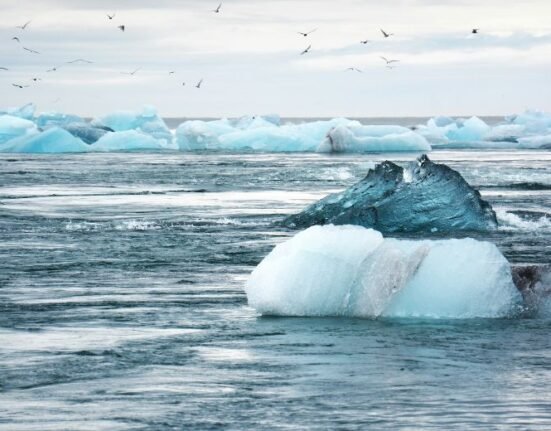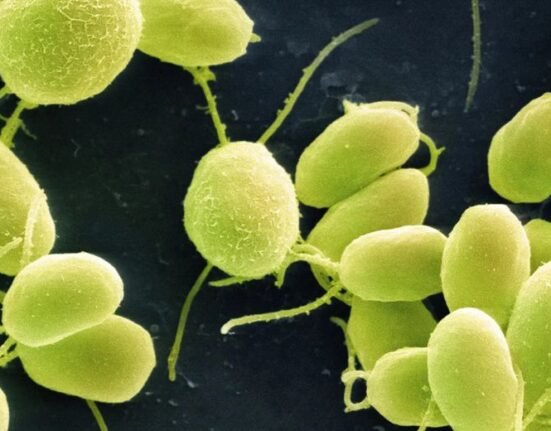HQ Team
October 21, 2024: In a small region in India’s technology capital of Bengaluru, social activists, despite initial hesitation from its urban poor, walked into Anjanapura and completed one of the country’s first short-term engagements to impart skills to fight climate change.
Within the Anjanapura region, they focused on Avalahally, which has a population of 30,000 people living in about 5,000 homes. Avalahally has a mix of migrant workers among the local populace.
Armed with participatory rural appraisal (PRA) tools, volunteers led by the 40-year-old Society for Community Health Awareness Research and Action and other organisations aimed to encourage youth to take up mitigation and adaption measures related to water and health.
Avalahally is served by water from tube wells and government supplies. Its relatively rich people have direct access to water from a process called reverse osmosis, while the poor get it from community-installed RO systems and tube wells.
The irony is that a lake sits right next door —with its water contaminated and not potable.
Pisciculture
Years ago, a section of the community used to engage in pisciculture, also known as fish farming —a process of breeding, raising, and transplanting fish in an artificial environment. This activity was contracted to the community. The lake was “rejuvenated” recently.
In this scenario, young volunteers of the region were mentored for community engagement and given hands-on field training starting in February 2024. They collected information on water supply and its related health issues.
“Any community, any individual, when first approached, will be sceptical and apprehensive about the intention of the person or organisation,” said Dr Karun Puzhamudi, a Research and Technical Assistant at SOCHARA, who led the team.
“It is not limited to the urban poor, even the elite. Everyone looks into what is in it for them, what are the sops and take home things, facility, etc. Anjanapura community was no exception.
“The indifference was to the extent of literally closing the doors on the face of the team and not sharing any information. Repeated door-to-door visits, explaining the purpose and agenda of this engagement and administering PRA tools helped in a great way to get inroads into the community.
Videos on climate change
SOCHARA made videos on climate change and water issues, a digital book, and forms that the youth were required to fill out when engaging with the community or conducting a survey.
The material included details about the water crisis and climate change, along with illustrations showing the direct and indirect impacts on health.
“It has helped the community a great deal to understand their neighbourhood, services and service providers,” said Prafulla Saligram, Secretary Coordinator, SOCHARA.
She said the initial inhibition gave way to a change in behaviour.
“It was evident in the way the women and youth looked forward to the meetings and sessions. The way they opened up during workshops and interviews. The way it resulted in taking action and being part of a caravan and plogging.”
Dr Puzhamudi said it was “the first time the organization has taken such a plunge for such a short-term engagement.”
‘Seed the idea’
“It may not be a 100% success, but we have achieved what we set out to, to have been able to seed the idea and connection between water, health and climate change,” he said.
The community also diligently adopted some of the suggestions provided on water storage and conservation measures.
“The community resonates with the thought that it is not always necessary to look for help from outside or someone else to solve problems for them but they can address a few issues themselves at their level,” said Suma Venkatesh, Field Coordinator of SOCHARA.
“From an individualistic mindset and approach, the community is slowly transitioning to collective action. This is just the tip of the iceberg, a lot needs to be done on the ground,” she said.
The report stated that SOCHARA will work with other agencies, including the government, and align with the State Action Plan on Climate Change (SAPCC) “and also influence course correction through on-ground experiences.”
.








